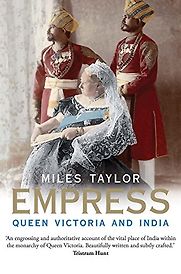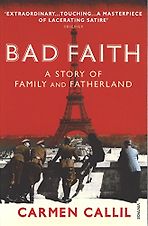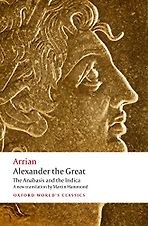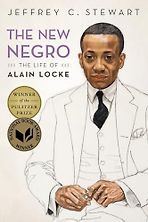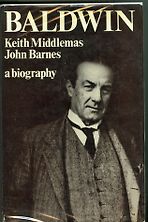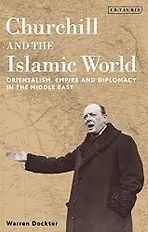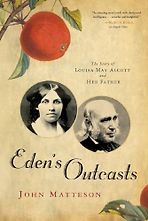Recommendations from our site
“It’s often the way with the modern British monarchy, that people ignore it because they think it has no power. I think of Ben Pimlott’s wonderful life of Queen Elizabeth II: there was a Labour stalwart writing about a most unexpected figure and revealing just how important this impeccably discreet person was. You might say that Queen Victoria was the first attempt at doing that as a constitutional monarch and that’s what Miles Taylor shows in Empress. He has got a feel for the way that apparently formal institutions, which don’t have real power, actually do. Queen Victoria took an enormous interest in India and had an instinct for how to brand it in a new way. In India the British monarchy was faced with scores of other monarchies, which needed to survive in this new uncharted territory of a British Empire. The queen was an extremely good way of integrating them into the Empire. And she enjoyed it. Hugely. In India she found a world in which she had far fewer limitations than she did in Great Britain. That was partly because, as a British possession, India was feeling its way from a chaotic set of structures which the East India Company had built up. It gave her a stage on which to play which she wouldn’t otherwise have had.” Read more...
The Best History Books: the 2019 Wolfson Prize shortlist
Diarmaid MacCulloch, Theologians & Historians of Religion
Our most recommended books
-

Bad Faith: A History of Family and Fatherland
by Carmen Callil -

Alexander the Great: The Anabasis and the Indica
by Arrian -

The New Negro: The Life of Alain Locke
by Jeffrey C. Stewart -

Baldwin
by Keith Middlemas and John Barnes -

Churchill and the Islamic World: Orientalism, Empire and Diplomacy in the Middle East
by Warren Dockter -

Eden's Outcasts: The Story of Louisa May Alcott and Her Father
by John Matteson
